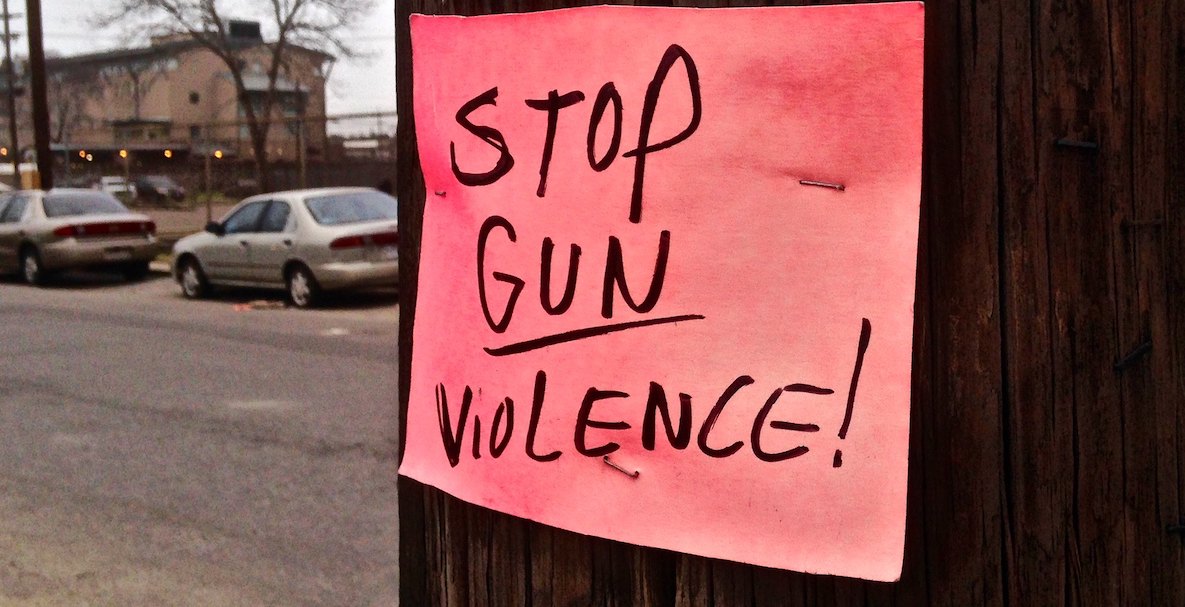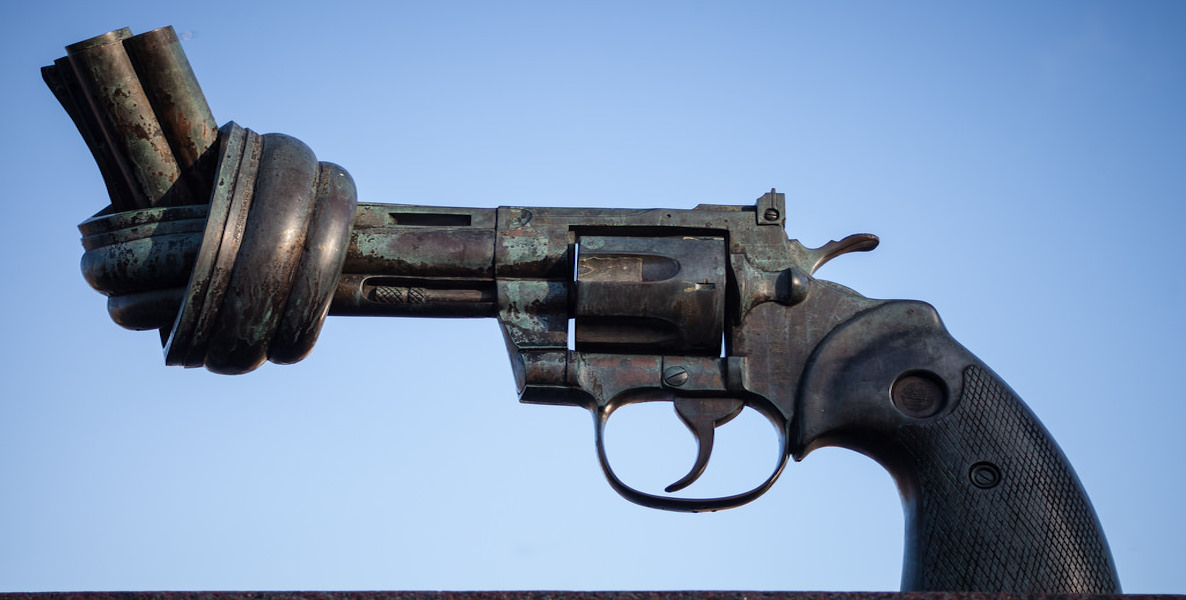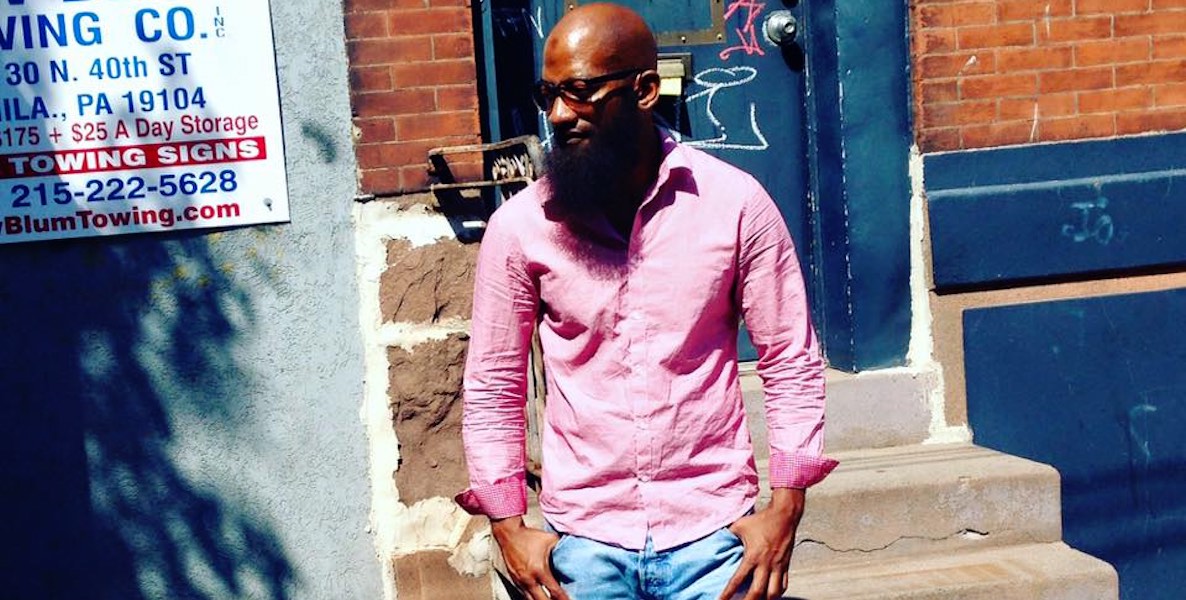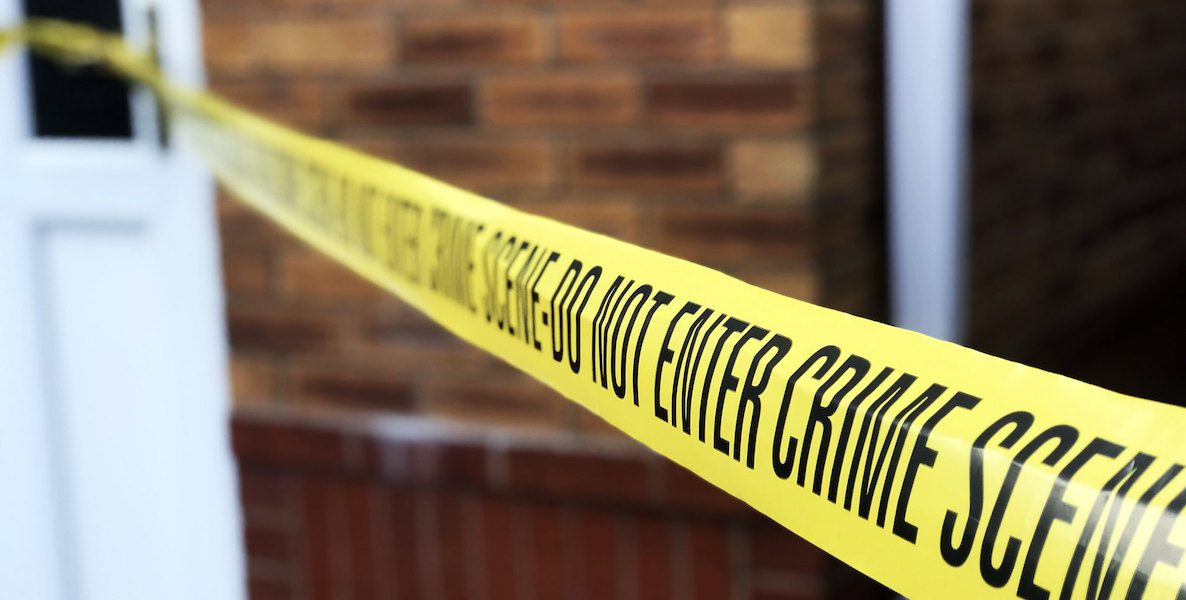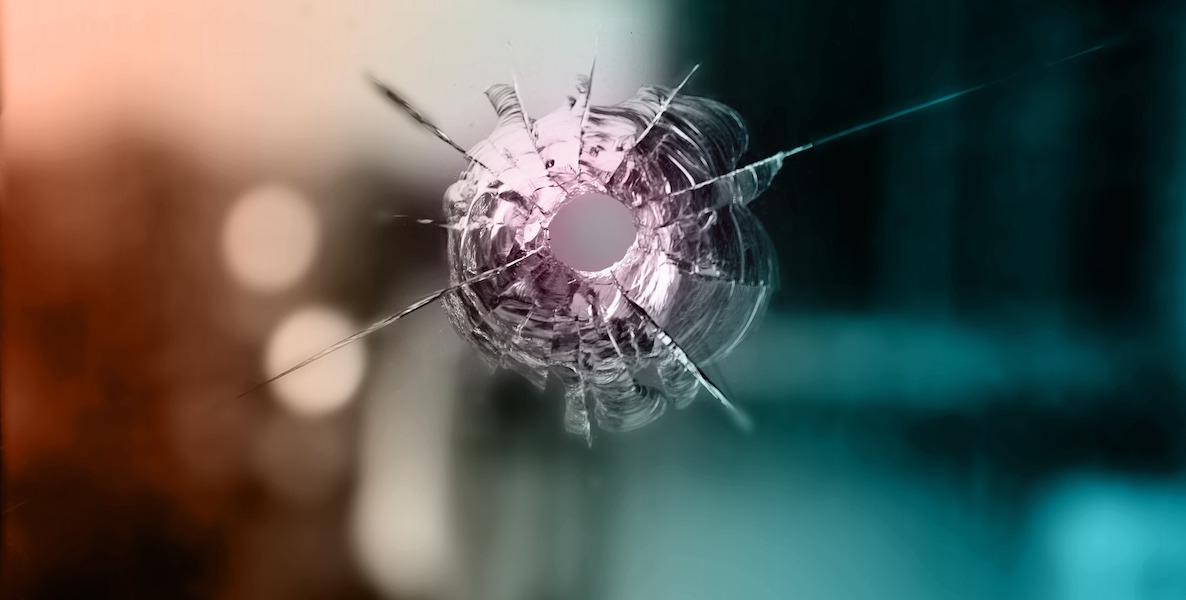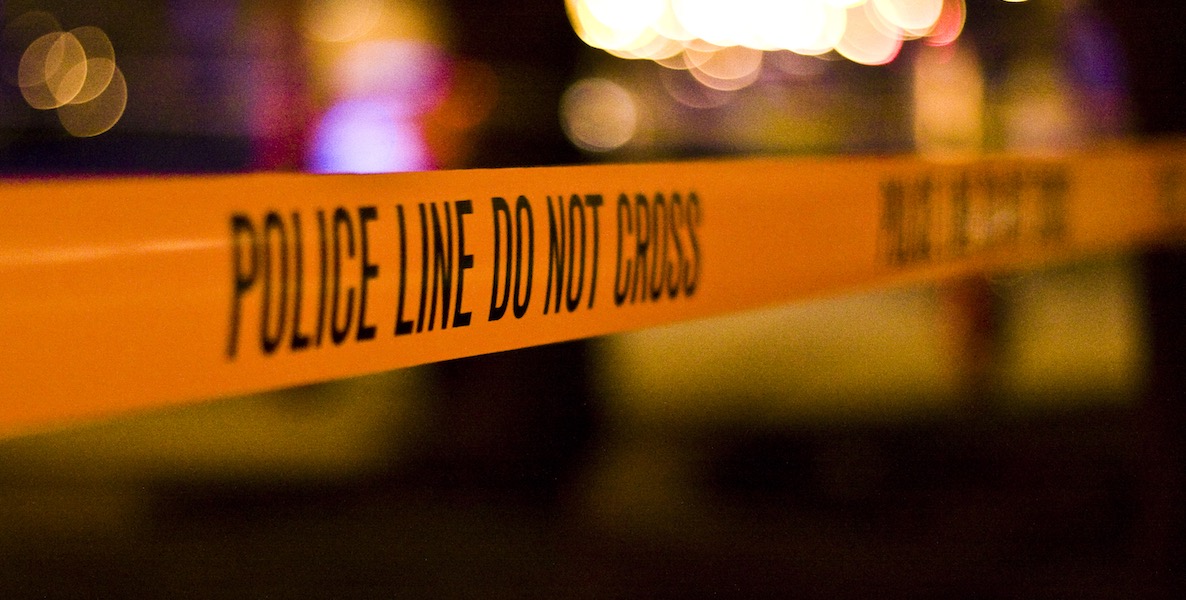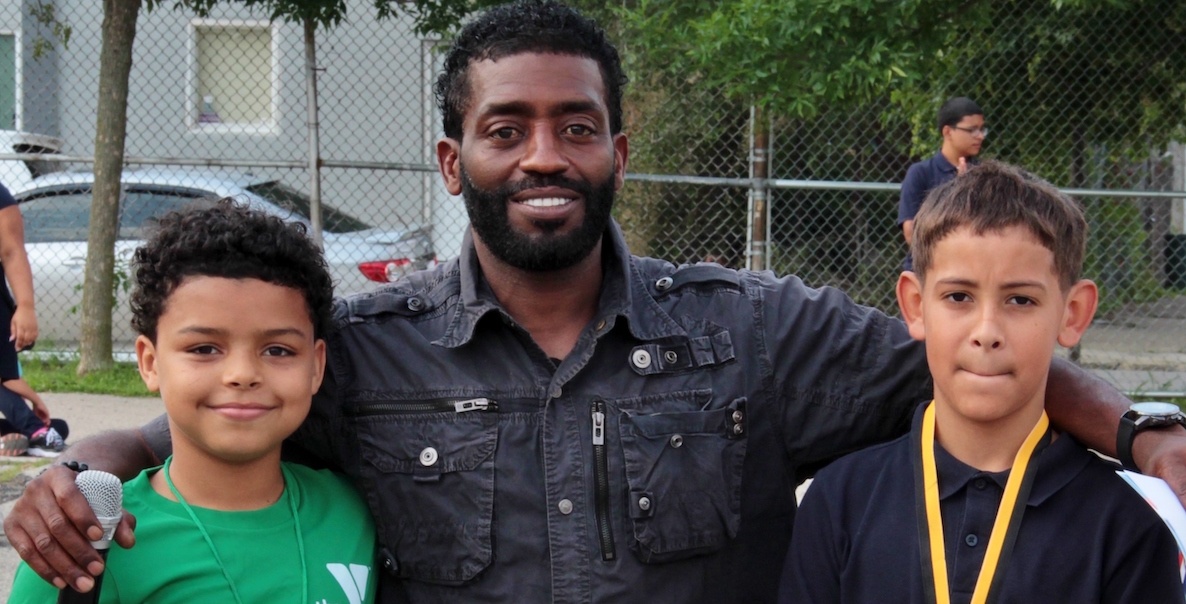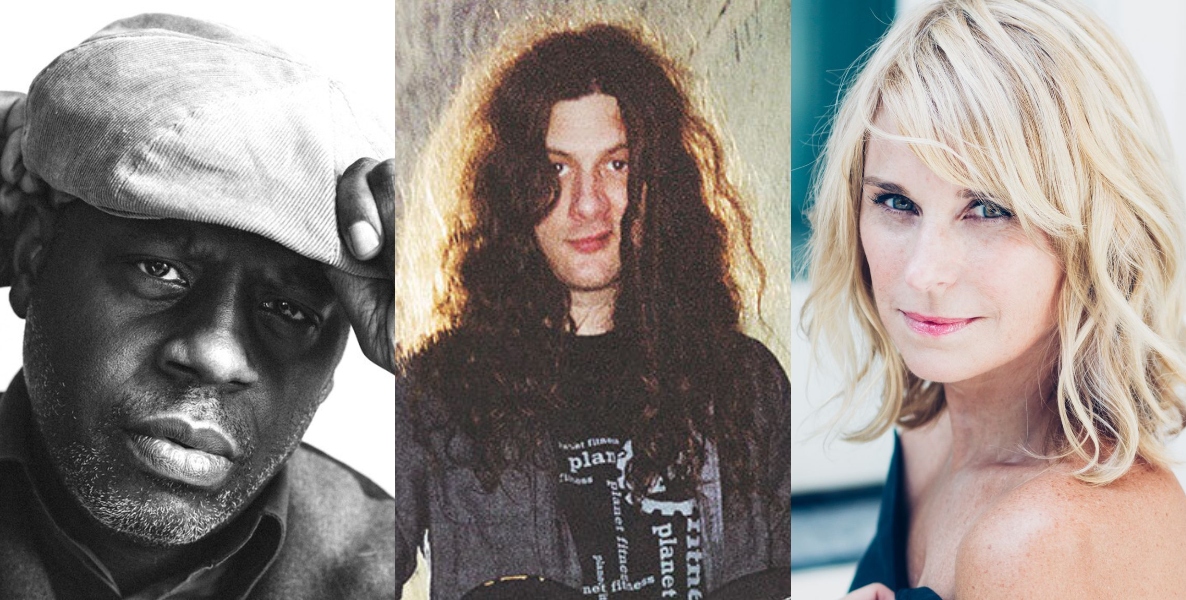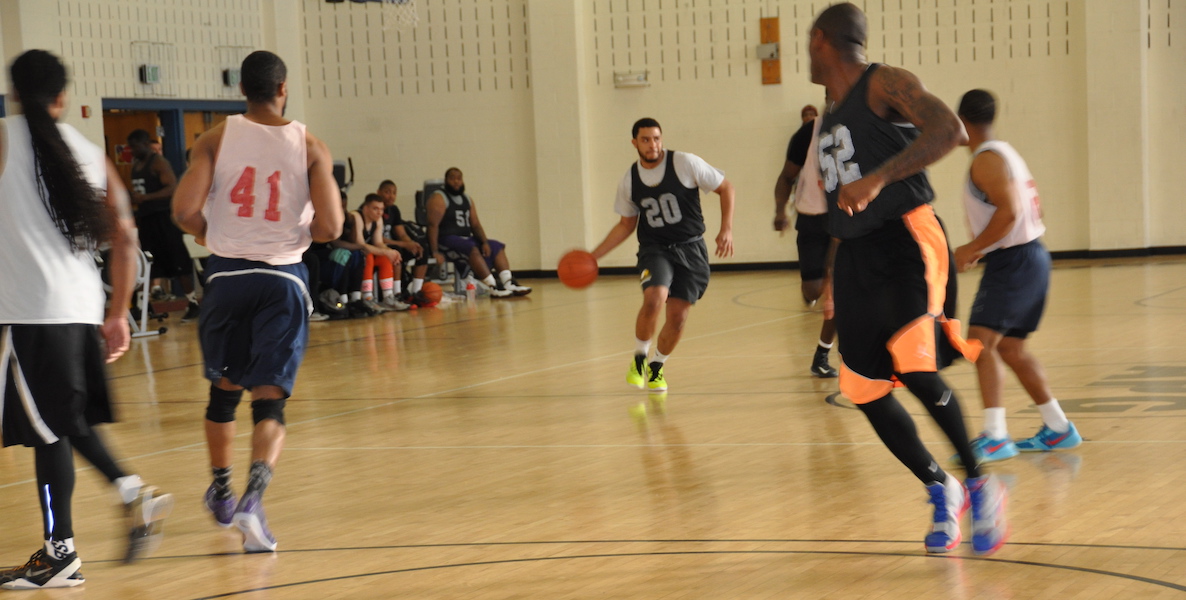Before Philly’s stay-at-home order ricocheted through the city, Shawn “Frogg” Banks spent his spare time, day or night, walking through Norris Square, checking in on the young people in his community.
He’d convince them to stay in school, maybe talk them out of fights. And, he’d reproach anyone who put them in danger.
![]() “I tell older drug dealers, ‘Okay, I’m not going to stop you from doing what you’re doing, but let’s not hurt these babies, man. Give ‘em a chance,’” Banks says.
“I tell older drug dealers, ‘Okay, I’m not going to stop you from doing what you’re doing, but let’s not hurt these babies, man. Give ‘em a chance,’” Banks says.
As the city remains in quarantine, it’s more difficult for Banks to wander Norris Square. But that hasn’t stopped him. These days, he touches base with kids over the phone, or rides through the neighborhood and shouts a greeting through the window—sometimes warning people to take precautions against Covid-19.
“It’s getting a little frustrating,” Banks notes, “’cause it’s not hands-on.”
Banks has worked for more than 20 years to help curtail violence in Philadelphia, a city that experienced 356 homicides last year. He leads classes, after-school programs, and anti-violence events for kids through Philly-Wood 7, an organization he refers to simply as “my baby.”
Through classes and assemblies, he’s coached students and faculty at more than 30 schools, from Simon Gratz High School in Nicetown, to the now-defunct Germantown High. In a class he designed—he calls “Urban Life Skills 101”—he coaches kids to invest in school, and to avoid drug and gang activity. He’s spent sessions teaching faculty members to recognize early signs of gang behavior, like gang signs and colors.
And Banks, who’s worked in the acting and music industry, has brought musicians to Kensington to headline anti-violence events.
After school, Banks partners with Kensington Soccer Club, a pay-what-you-can recreation league, to teach kids not only how to kick a ball, but how to maneuver through life on a positive track.
On soccer fields, in classrooms, and in correctional facilities, Banks works with children who face possibilities some of us can’t even begin to fathom. Gang recruitment. Gun violence. Homelessness. Untreated post traumatic stress disorder.
But Banks understands the risks all too well. In the early ’90s, he had fallen into selling crack cocaine. Then, on March 27, 1995, he survived a kidnapping at gunpoint.
That’s when he decided to leave his old lifestyle behind. Twenty-five years later, his life is dramatically different.
“I know I poisoned a lot of families,” he says of the time he spent dealing. “So that’s why I always give back, too.”
“I’m trying to teach these kids some things that money can’t buy: Character. Loyalty. Respect. Honesty,” he adds. “And once you instill these in people, and in children—black, white, green or blue—that money can’t buy, then you have a better community.”
Early on, Jim Hardy, who founded the Kensington Soccer Club, noticed Banks’ ![]() enthusiasm for mentoring kids. Hardy still listens to young soccer players reminisce about their time playing for Banks—even years after participating in his after-school program.
enthusiasm for mentoring kids. Hardy still listens to young soccer players reminisce about their time playing for Banks—even years after participating in his after-school program.
“[The children] see someone who cares about them, who connects with them, who wants something great for them,” Hardy says. “And it’s not someone just saying ‘oh, stay out of trouble,’” he adds. “It’s someone showing them love.”
Soccer never caught Banks’ interest growing up, but after watching his 6-year-old son fall in love with the sport, he became involved with the Kensington club.
Now, it’s a key part of his life—and, Banks believes, a method for seeking conflict resolution. After he leads a practice, Banks holds a 15-minute sit-down session, to talk to his players about violence.
From children in South Side Chicago to refugees living in Uganda, communities have long utilized soccer as a tool for empowerment and solidarity. And there’s logic behind it: A study released last May found that children who endured adversity and trauma tended to have better mental health outcomes as adults if they’d participated in team sports during adolescence.
During these long days of the pandemic, violence in Philly has not been subdued.
Between March 15 and April 15, Philadelphia has seen 149 shooting incidents—and 28 homicides— the Philadelphia Inquirer reported. And the city’s children are not immune to the violence: in the past two weeks alone, a 7-year-old boy and a 4-year-old girl have been killed.
Richard Garland, social worker and professor of public health at the University of Pittsburgh, connected with Banks through a non-violence campaign in 2007. Both had been involved in gang activity and faced incarceration. Today, both are devoting their careers to reducing the violence that plagues their respective cities.
Garland now directs the Center for Health Equity’s Violence Prevention Project at the university, and stresses that staying immersed in communities is key to conflict resolution.
He’s met with gunshot victims in hospitals, and worked within the city’s public schools. He’s also employed outreach workers, enlisting men in Pittsburgh who’ve faced criminal charges to serve as additional eyes and ears in the community.
Academic studies are important, he added, but at the same time, “stats can lull us to sleep.”
“Everybody wants to do all this research,” Garland said, but, “you have to understand the complexity in these communities.”
![]() After the pandemic has eased up, Banks intends to be out patrolling his neighborhood again. And, he hopes to go back to pursuing a longstanding dream: opening a safe house on an empty lot at the intersection of Orianna and Norris streets. Banks envisions a facility that’s open 24/7, with counselors on site—a refuge for kids who need a place to spend the night, have a meal, or talk to someone.
After the pandemic has eased up, Banks intends to be out patrolling his neighborhood again. And, he hopes to go back to pursuing a longstanding dream: opening a safe house on an empty lot at the intersection of Orianna and Norris streets. Banks envisions a facility that’s open 24/7, with counselors on site—a refuge for kids who need a place to spend the night, have a meal, or talk to someone.
“My goal is to have a safe house,” Banks says. “Not a police station, not a church, because a lot of these places are not open 24 hours. This would be a place where they could come get any type of help they’d need. It would help stop the violence. Believe me.”
For now, the idea of a safe house is still a dream. The lot he’s eying may be used for other purposes: Recently it was listed in a proposal for the construction of mixed-income housing in the neighborhood. The Philadelphia Land Bank held a meeting in early March concerning the lease, and Banks showed up, determined to help save the plots of land residents had been using for years to create gardens, farms and other community spaces.
Banks, who intends to save the property for community use, isn’t daunted.
Meanwhile, he continues to be a safe space, of sorts, himself.
“[You’ve] got to connect with people and their hearts and their mindset,” he says. “And it starts from the youth, ’cause they are our future.”
Shawn "Frogg" Banks with two of his soccer players. Courtesy Kensington Soccer Club.


